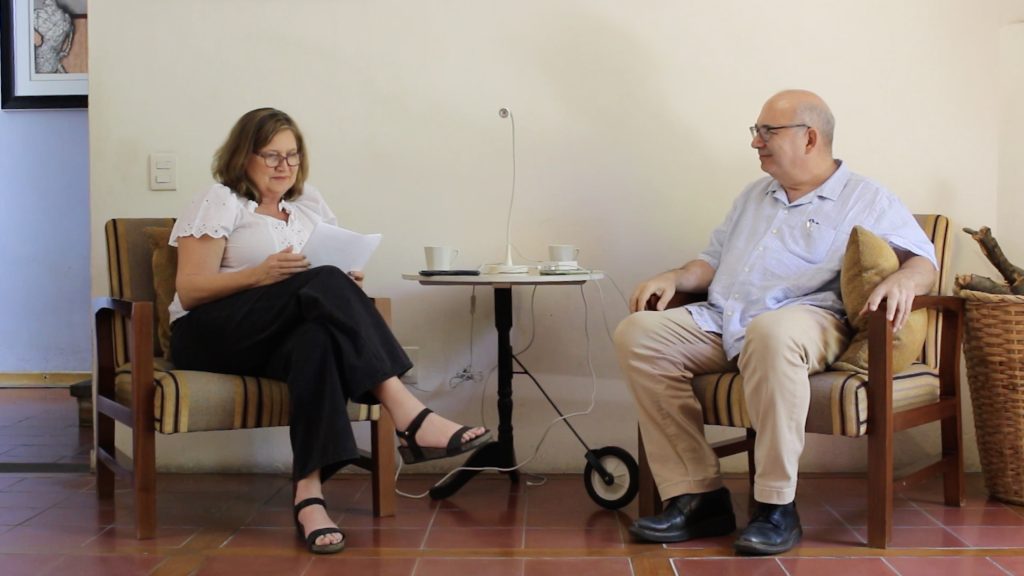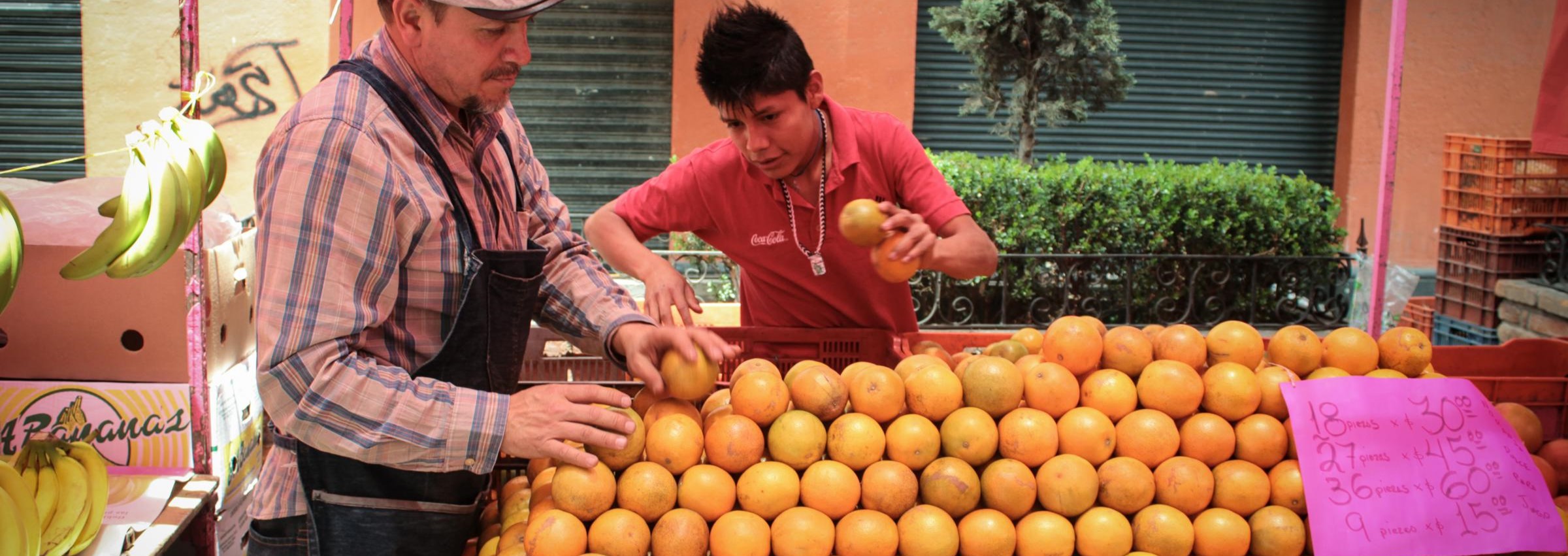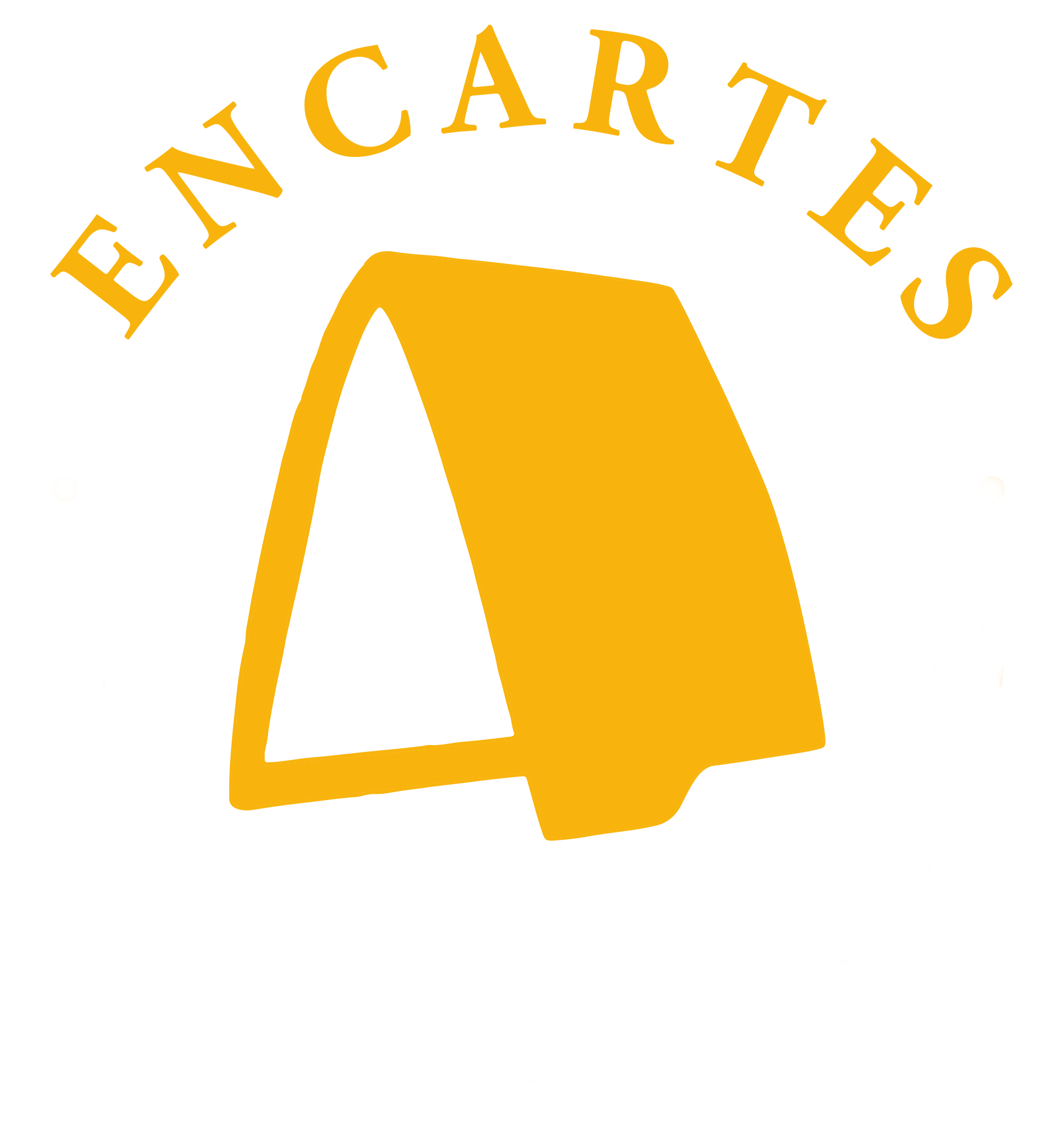home » Academic Acessor Body
Academic Acessor Body It is made up of internationally renowned researchers who endorse and support the journal.
Entrevistas
Vol 7 No 14 (2024)
Interview with Claudio Lomnitz. Second part: the creative anthropologist
Interview with
- Claudio Lomnitz
- Renée de la Torre Castellanos
During the interview, the theme of creativity, present in Lomnitz's career, is highlighted. While we know that it is necessary not only in the phase of scientific dissemination but also to conceive new topics and risky questions, we must recognize that it is a complex issue that, as Jesús Martín Barbero said, leads us to navigate in dark seas without maps to discover new seas.
Entrevistas
Vol 7 No 13 (2024)

Interview with Claudio Lomnitz. Part One: The intellectual anthropologist
Interview with
- Claudio Lomnitz
- Renée de la Torre Castellanos
This interview rescues a phenomenological perspective of Claudio Lomnitz's trajectory as a researcher, but also of what encourages Lomnitz to leave the comfortable boundaries of academic communities.
Coloquios interdisciplinarios
Vol 6 No 11 (2023)
Comment on the colloquium "Essays on the abyss: politics of the gaze, violence, technopolitics" by - Rossana Reguillo
― Go to main text

The Spin of the Planet and the Crisis of Futures: Brief Commentary on the Text of Rossana Reguillo
- Mary Louise Pratt
The turn of the millennium inaugurated a new phase in the history of humanity. From the post-boom of the ’90s, we moved to a new global consciousness, a product of cybernetics and ecological catastrophe. Humanity faces a crisis of futurity. The work of Signa Lab reflects this global turn in both its cybernetic and environmental aspects. Over three decades, the work of its founder, Rossana Reguillo, has been marked by the same political commitment and the same urgent concern about the persistence of violence, fears, atrocity, visuality, now articulated by technopolitics.
EncArtes multimedia
Vol 4 No 8 (2021)

“Cabby Altars”: Random Miniethnographies of Daily (Religious) Life
- Alejandro Frigerio
This paper shows and analyzes the assemblages of magical-religious symbols and images that many cab drivers1 in the city of Buenos Aires hang from the mirrors of their cars or attach to their sun visors. She uses the word "altars" cautiously to make visible these minimalist traces of the daily religious life of the porteños, objects that at once provide protection against the dangers of everyday street traffic and testify to relationships with specific superhuman beings. In these heterogeneous assemblages appear saints and virgins, popular saints and oriental and/or esoteric symbols -that testify to the rich magical-religious diversity of the city- as well as photos and memories of individuals and social collectives with a high charge of sacredness (children, relatives, soccer clubs). These "altars" are evidence of singular religious and familial journeys, but they also result from random interactions with passengers and evidence more general and little recognized patterns of how porteños relate to superhuman beings.
Realidades socioculturales
Vol 3 No. 5 (2020)
Cuautla # 931. Different ways of being an upper-middle-class Catholic in Mexico City
- Hugo Jose Suarez
Keywords: Catholicism, Catholic diversity, religion in Mexico City, urban religiosities.
The present article exposes the religious orientations within an upper-middle-class Catholic family in the Hipódromo-Condesa neighborhood of Mexico City. As a result of ethnographic observation and in-depth interviews, the data is presented in the format of a free narrative that reveals three different orientations: conservative Catholicism, the search for new experiences within the ecclesial institution and the generational inflection influenced by the environment. Social. All revolving around a dynamic Catholic culture that interacts with the great orientations of the world Church and with the growing religious diversity in urban areas.
Coloquios interdisciplinarios
Vol 2 Num 4 (2019)
Comment to the colloquium "Inequalities and the re-politicization of the social in Latin America" by - Juan Pablo Pérez Sáinz
― Go to main text
Pentecostalism and social inequalities in Latin America
- Pablo Federico Seman
Keywords: Latin America, inequalities, Pentecostalism, religion, popular sectors.
WThe author develops three specific observations on the religious practices introduced by Pentecostalism in the global balance of inequalities in Latin America with the attempt to point out the complexity and ambiguity of their social performances according to dimensions and contexts of analysis. These are: the ups and downs of Catholicism in the region; the growth of Pentecostalism in Latin America; and the characteristics of the implantation of Pentecostalism in the popular sectors and the discussion of its value regarding the reproduction of all kinds of inequalities in contemporary Latin American societies.
Coloquios interdisciplinarios
Vol 1 Issue 1 (2018)
Comment to the colloquium "Global turn to the right and the relevance of anthropology" by - Gustavo Lins Ribeiro
― Go to main text
Short comment
- Claudio Lomnitz
Keywords: challenges of anthropology, teaching, neoliberalism.
LThe first temptation that our discipline would have to avoid is to feel that it was always right, and that everything was said or predicted by past generations. Such an attitude will do little to enhance the political or cultural role of anthropology, however gratifying it may be to adopt such an attitude, especially for the elderly, that many times we feel the need to be right about something. . On the contrary, it will be necessary to change practices, routines and common places of our field, and especially in its teaching; Only in this way can we once again deserve a worthy place in the public debate.






